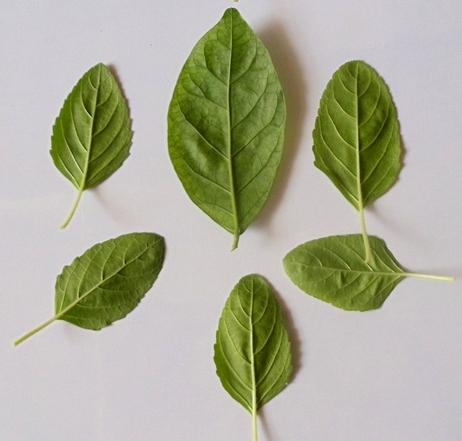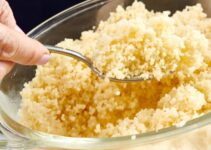15 Top Facts of Tulsi
- Tulsi, or holy basil, has hundreds of medicinal values, and it is said that no disease visits a house which has the Tulsi plant at its doorstep.
- Tulsi has been found to possess extraordinary powers of healing and promoting health. Modern science has confirmed this fact, which clearly states that Tulsi has a remarkable capacity for killing harmful micro-organisms. Thus, the wind that carries the fragrance of Tulsi spreads health and well-being wherever it blows.
 3. It is said that common illnesses are kept away without any further treatment or medication. There is no need to go to a physician for coughs, colds, fevers, toothache, stomachache, headaches, sore throat, nasal discomfort, eye diseases, itching, loss of appetite, indigestion, vomiting, diarrhoea, dysentery, heart disease, worms, rheumatism, boils, cuts, wounds, skin diseases, acne, irritation, sunstroke, muscular pains, nocturnal emissions, fainting, poisoning, etc. One can treat oneself successfully with a fair knowledge of Tulsi therapy.
3. It is said that common illnesses are kept away without any further treatment or medication. There is no need to go to a physician for coughs, colds, fevers, toothache, stomachache, headaches, sore throat, nasal discomfort, eye diseases, itching, loss of appetite, indigestion, vomiting, diarrhoea, dysentery, heart disease, worms, rheumatism, boils, cuts, wounds, skin diseases, acne, irritation, sunstroke, muscular pains, nocturnal emissions, fainting, poisoning, etc. One can treat oneself successfully with a fair knowledge of Tulsi therapy.
4. Tulsi has the power of purifying the atmosphere and acts as a de-polluting agent for the atmosphere. Raising Tulsi plants helps to check the proliferation of mosquitoes, flies, and other harmful insects.
5. A Tulsi plant releases a special kind of vapour into the atmosphere, which purifies the atmosphere. This essential oil in the Tulsi plant evaporates and spreads through the air, rendering it free from bacteria and other substances likely to cause diseases.
6. Tulsi has a beneficial effect not only on the body but also on the mind’s thoughts, tendencies and inclinations. Tulsi helps cure physical ailments such as fevers, coughs, and colds and ensures purity, sanctity and faith.
7. Tulsi has the peculiar quality to kill germs. Several household remedies for daily use are prepared by mixing Tulsi with dry ginger, pepper, the tender shoots of the neem tree and cardamom, other curative ingredients.
8. Tulsi improves the efficiency of all the organs of the body in a natural way and thus helps in the cure of diseases.
9. The two main varieties of Tulsi are Ram Tulsi and Shyam Tulsi. The leaves of Ram Tulsi are lighter in colour, while Krishna Tulsi is darker, which helps to eradicate Kapha (phlegm). Thus, Krishna Tulsi has more of medicinal value.
10. Chewing a few leaves of Tulsi destroys the poisons that are responsible for malaria disease.
11. Tulsi’s sharp, bitter, hot flavour benefits the heart, stimulates appetite, causes a burning sensation and increases bile secretion. It helps to cure leucoderma, dysuria, toxaemia and pain in the flanks and neutralises phlegm and gas.
12. The juice of Tulsi is sharp and bitter and ensures the proper formation of semen.
13. As per allopathy, Tulsi acts as an expectorant and valuable in cold-induced disorders such as coughs, backache, bronchitis, pneumonia, influenza and cholera. Tulsi seeds are also used as diuretics and for facilitating urination.
14. In case of severe cold spasms preceding fevers, it is suggested that rubbing the body with Tulsi leaves helps ease the symptoms of fever and cold.
15. The fragrant qualities of Tulsi have been described in detail in almost all scriptures. Tulsi is undoubtedly considered to occupy the topmost position among plants. It is also used mainly to flavour items of food and drink.





Thanks for sharing this informative blog with us. Tulasi has its deep roots in the Vedic and pre-Vedic literature. In Indian culture and religious texts, Tulasi is worshipped as a divine and most important plant and Tulasi is present is every Hindu house. It has been long recognized in Veda as the most important herb for treating various diseases and is used in every religious ceremony.
Thanks for these interesting facts. I’ve recently started drinking Tulsi tea and it tastes amazing.